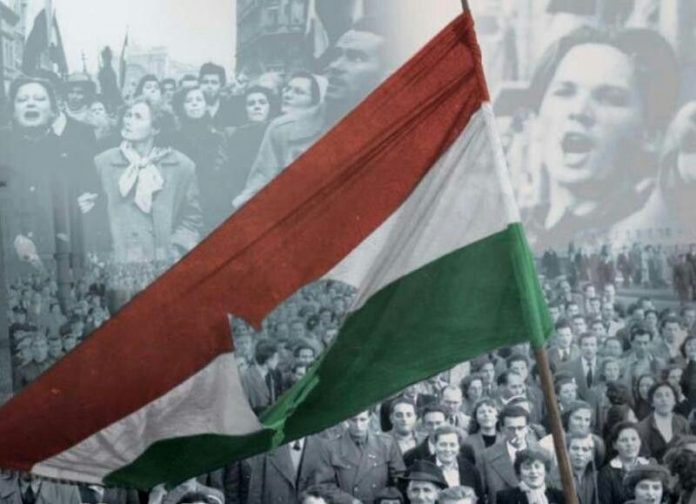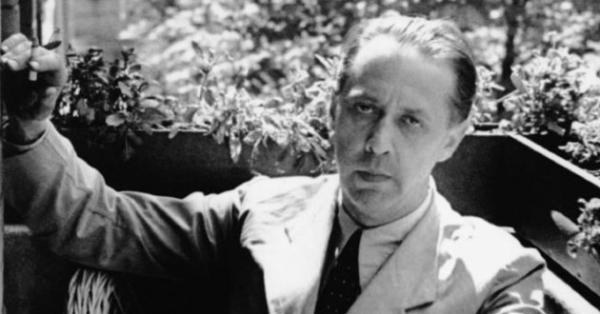23 October 1956 marks one of the most defining days in Hungary’s modern history. Sixty-nine years ago, the Hungarian people rose up with unarmed courage against the totalitarian regime that had bound their nation in fear. For nearly two unforgettable weeks, the Hungarian Revolution lit the country with hope – the dream of a free and just Hungary.
When Soviet tanks crushed that dream, the world watched in awe and sorrow as a small nation dared to speak for the dignity and freedom of all humankind.
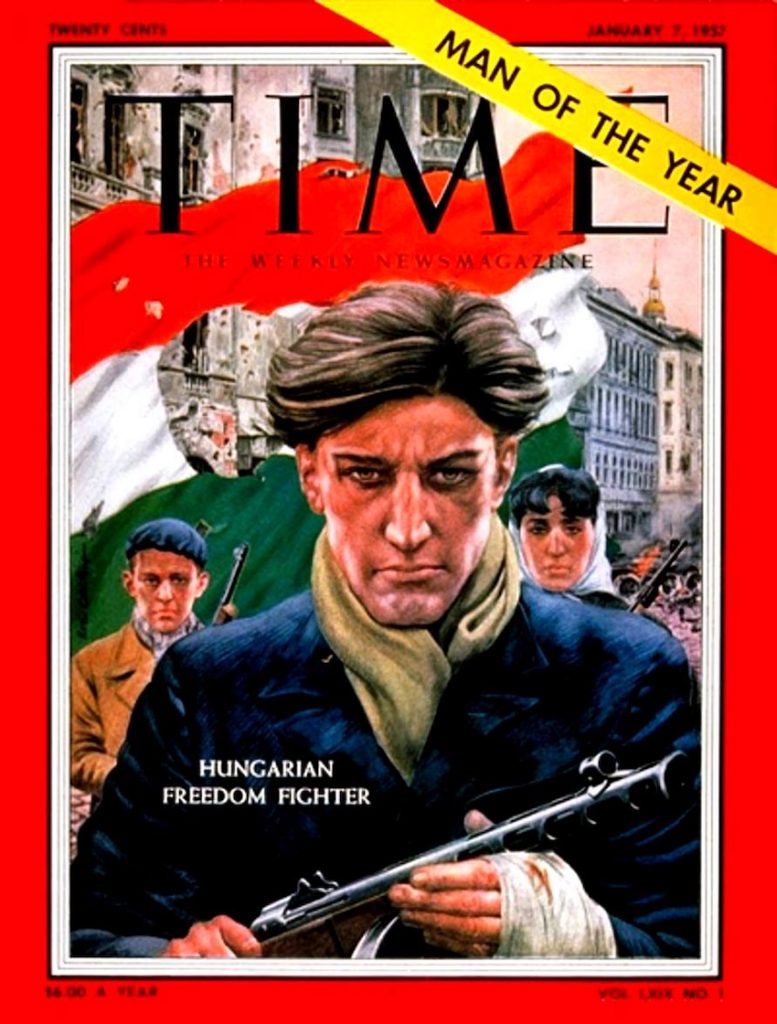
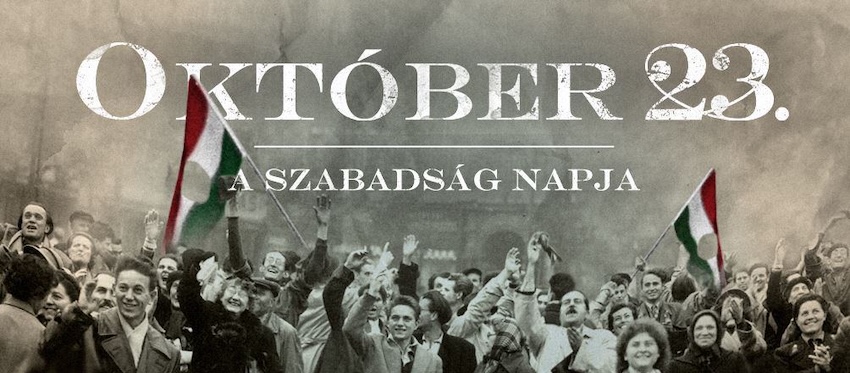
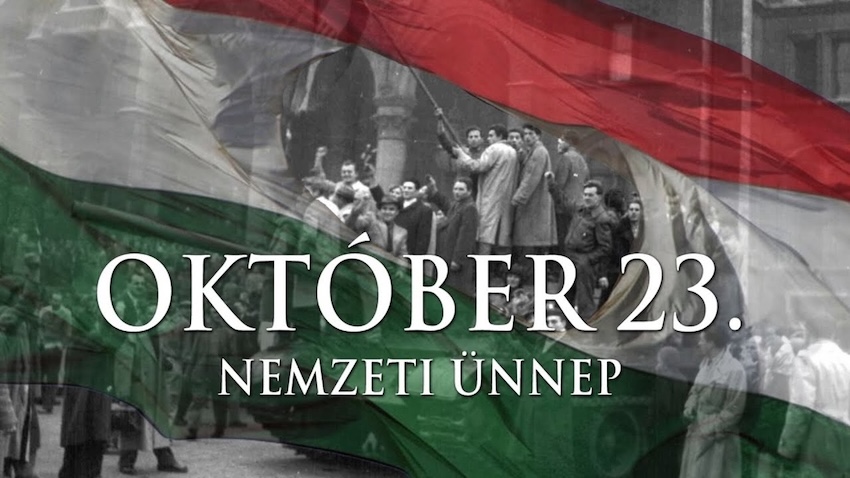
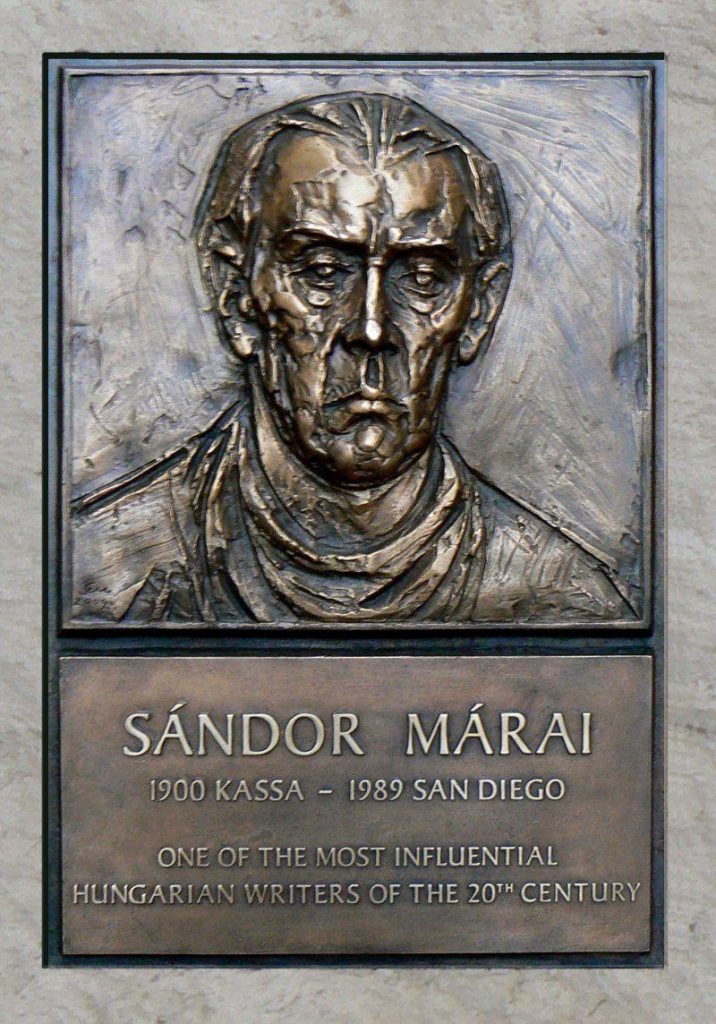
Among the voices in exile who brought this heartbreak to the world was Sándor Márai (1900–1989), one of Hungary’s most profound and enduring writers. At the time of the Hungarian revolution in 1956, while living in New York, far from his homeland, Márai poured his grief and longing for Hungary into a poem written in Hungarian, “Mennyből az angyal” (Angel from Heaven).
The title itself echoes the opening words of an old Hungarian Christmas carol – a deliberate and deeply symbolic choice by Márai, who wrote the poem around Christmastime, in the aftermath of the Revolution’s defeat, infusing it with both mourning and fragile hope. It is both a lament and a prayer for the nation’s martyrs.
In its haunting verses, Márai transforms pain into sacred witness, and his emotional words reminding us that even in defeat, the spirit of freedom endures. His poem remains a timeless echo of love, loss, and the unbroken will of a nation that once dared to rise – and will never forget.
You can find the poem in Hungarian and its English translation here:
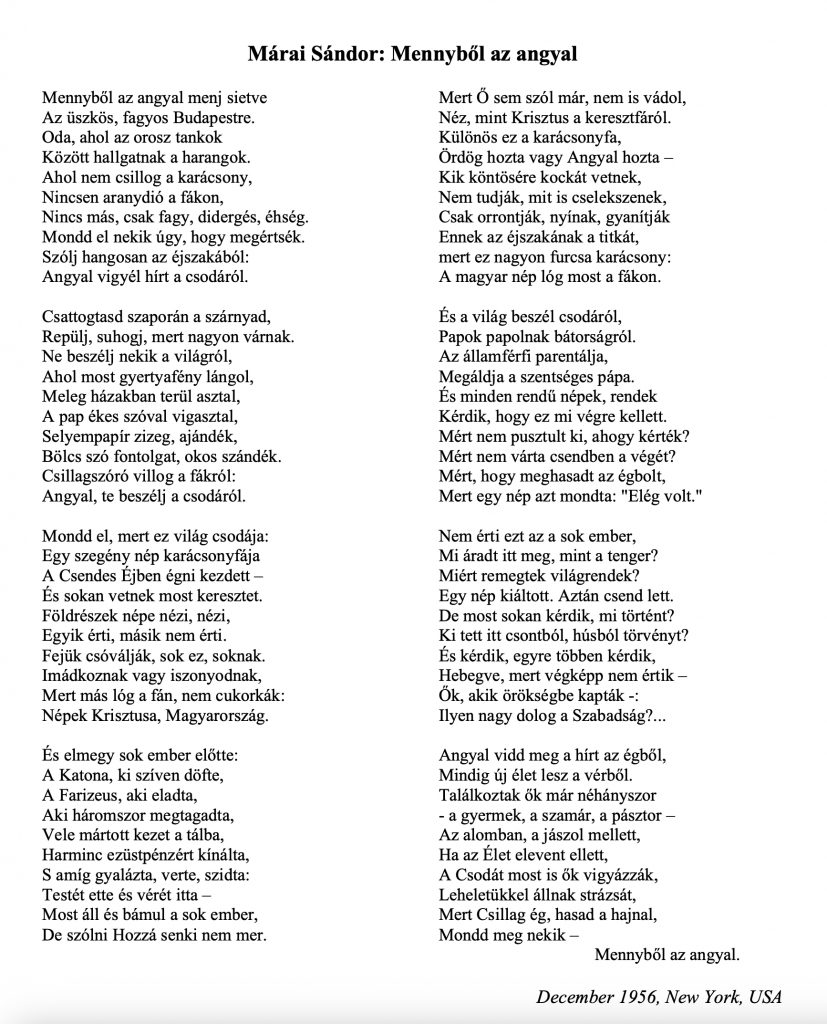
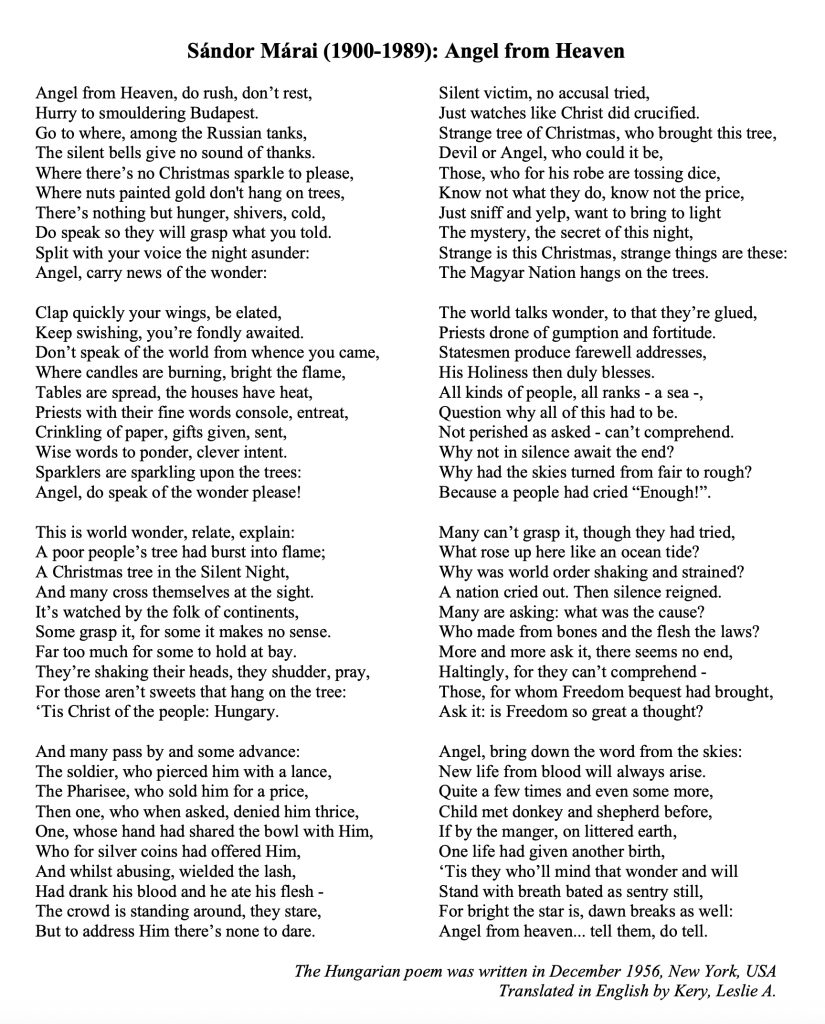
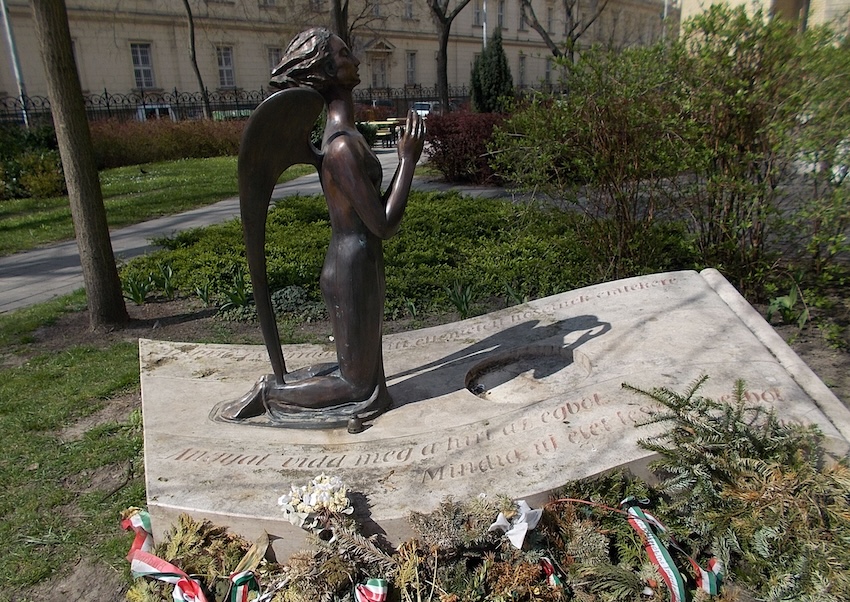

Edited on 22 October 2025
Photos from Wikipedia and pim.hu





